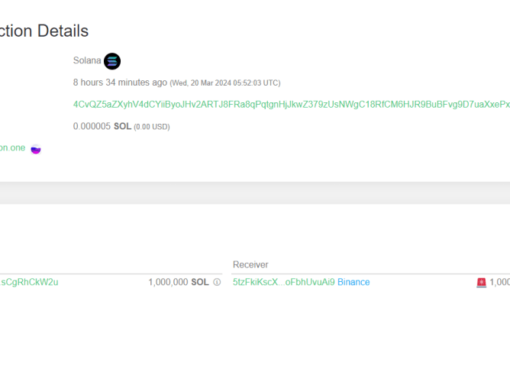Crypto has already made some serious indents in the financial landscape in recent months. COVID has been the perfect storm, and the massive uptick in adoption across the board, from banks, asset managers, hedge funds, payment businesses, corporates and retail investors, has been nothing short of revolutionary. Indeed, it seems that traditional money systems may soon be a relic of the pre-corona era.
Banks, hedge funds, and asset managers have certainly changed their tune in treating crypto as an asset class, albeit a very niche one! Titan asset manager Blackrock, the world’s largest for assets under management, has led the way in recognising crypto as an investment concept. The Chief Investment Officer has stated that bitcoin and crypto “makes a lot of sense” and confesses that Blackrock itself is “dabbling”. Fidelity estimates that around a third of institutional investors globally are now exposed to crypto assets. Frankly, with the growth figures for 2021 so far – at time of writing Bitcoin is up 77% and Ethereum is up 108% year to date – it is not an asset class that many institutions can sensibly ignore.
Interestingly this view is held by a number of corporates are also apparently deserting cash reserves as treasury asset, with Tesla choosing to purchase $1.5bn of bitcoin. Similarly, tech firm MicroStrategy now holds $4.45bn worth of bitcoin to hedge against what they see as the “melting” of traditional currency.
At a government and infrastructure level, crypto is being treated as the answer to many of our problems. Crypto is held to be faster, cheaper and fairer – a beguiling mix. The largest ever transfer of Bitcoin, in 2020, worth at the time $1.1bn, cost less than a dollar. The International Monetary Fund as part of “The Great Reset” singles out “smarter growth…the digital economy is the big winner in this crisis” as part of the remedy for the many financial ills of our time. The World Economic Forum claims that a large number of Central Banks are looking to digitize their currency to solve problems in “banking and payments system efficiency, payments security and resilience, financial inclusion and more”. It is likely therefore that a significant proportion of the world’s population will be using crypto technology in the near future. The EU has shown particular nous in announcing the release of a new set of rules, by 2025, to streamline cross-border payment by leveraging blockchain and crypto-assets.
Payment firms have been quick to embrace new crypto technologies. Paypal, deserves particular recognition in this respect, having included crypto last summer for its users, and is rumoured to be purchasing a crypto custody business. Mastercard and Visa each hold a large number of patents in crypto, and the latter is assisting global policy makers. I was interested to see the March budget in the UK includes the increase in the limit for touchless payments, rising from £45 to £100, again a sign that we all now accept a primarily digital financial world.
Retail investors, too, have enjoyed some halcyon days. Crypto is now covered by the mainstream press, from the FT who breathlessly queried in a headline during February whether it is now “a mainstream asset” to the more widely read nationals including The Times and the Daily Mail.
The regulator is now more actively involved, particularly with a list of exchanges permitted to operate in the UK, and the eminently sensible decision to ban the sale of derivatives to retail investors. Frankly, this is long overdue: crypto 3 years ago was the wild west. Thankfully, now, there are reputable exchanges in the UK, especially those who are seeking to embrace traditional financial products such as pension and ISA applicable crypto products. One can assume this builds confidence in the consumer, in what the FCA’s research already shows is a fast-growing market.
Finally, I want to acknowledge that crypto is a broad church of in excess of some 8,000 cryptos ranging from the frankly ridiculous to the sublime. Whilst bitcoin, and to a lesser extent Ethereum, tend to hog the headlines, it will best interesting to see what other coins get real traction: Ripple’s tussles with the SEC and Dogecoin’s novelty value blight the industry. I personally would expect to see massive consolidation in the market, with a small selection of blue-chip coins that are fit for purpose triumphing, and ultimately changing the face of finance irreversibly.
Katharine Wooller is managing director of Dacxi, the UK’s fast growing digital asset exchange for retail customers. Details at www.dacxi.com




